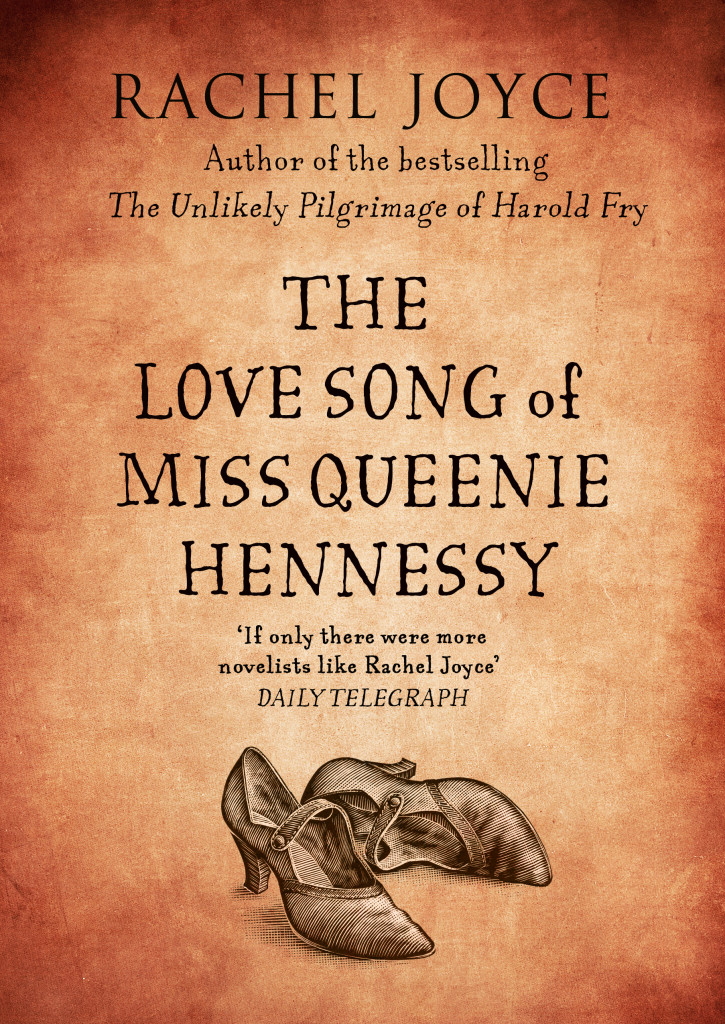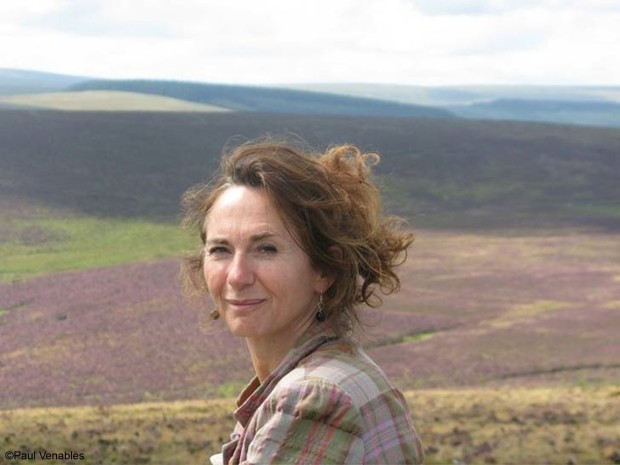In The Wave in the Mind, Ursula K. Le Guin explores in one essay the “unquestioned assumptions” in literature – the ways in which mainstream literature – the kind that gets widely featured and celebrated and awarded – often wrongly assumes that readers relate to a limited “type” of characters. The books featured as “of general interest” ignore our vast diversity in gender, race, sexual orientation, religion, and age. Literature that centers around characters outside of the privileged majority is said to be of “interest chiefly or only to that group.” And it is marketed and promoted in that way – and often fails to gain attention in mainstream review publications and from prestigious literary awards.
She goes on to write more specifically about age in literature, and the limited perspectives into older age offered to readers:
“I don’t know why this curious skewing and segregation of society by age should induce writers to use a youthful viewpoint as if it were the only one; but a great many of them do. The unquestioned assumption is that all readers are young, or identify with the young. The young are Us. Older people are Them, outsiders.”
I thought about this while reading The Love Song of Miss Queenie Hennessy by Rachel Joyce. With few exceptions, it’s rare to encounter fiction fully centered on characters who are 60+. Even books that feature older main characters often surround them with other, younger perspectives. (I’m specifically thinking about The Elegance of the Hedgehog and Olive Kitteridge.)
I read and enjoyed The Unlikely Pilgrimage of Harold Fry by Rachel Joyce last year, which is the companion novel to Queenie Hennessy’s story. Both center around characters who are older, and Rachel Joyce treats their experiences and feelings with a lot of grace. In Harold’s story, we learn that Queenie Hennessy, an old friend and colleague that Harold hasn’t seen or heard from in 20 years, is dying of cancer. For reasons that are best explained by reading the book, Harold impulsively sets out on a walk. At first he intends to just post a letter in reply to her, but he walks past the first post box, and pretty much keeps continuing on farther and farther until he’s unconsciously set out on a 600 mile journey on foot to see Queenie at her care center. We learn more of their backstory as his journey unfolds.
The Love Song of Miss Queenie Hennessy tells their story from Queenie’s perspective. It takes places during the 12 weeks that Harold is walking from Kingsbridge to Berwick, but much of the story is Queenie looking back over her life and writing a “confession” letter to Harold about events that she feels ashamed and guilty about, that led to her fleeing her life in Kingsbridge and their 20 year estrangement. It took me a little while to get into her story – at first she dances around the major events so much that reading it got a bit frustrating. But after the 1/3 mark or so, she really starts getting into the story from her perspective, and things pick right up.
Harold Fry’s story is about transforming and redeeming your past mistakes by setting out on a physical journey to find and reclaim yourself. Queenie Hennessy’s story is about doing that from right where you are, from within yourself.
I don’t think I’ve ever read two novels quite like this before – where one tells the same story line from a new perspective. Readers – can you think of any other examples?
I obviously now cannot know what it would be like to read Queenie Hennessy’s story first – before reading Harold Fry. But I imagine I wouldn’t have liked it as much. It seemed important – not for the plot, but emotionally – that I have the backstory of Harold’s journey before getting to know Queenie. I’d recommend reading them in that order – starting with The Unlikely Pilgrimage of Harold Fry if you haven’t already read it.
“I am starting again, I thought. Because that is what you do when you reach the last stop. You make a new beginning.” – The Love Song of Miss Queenie Hennessy.
Affiliate links: Amazon | IndieBound

(Disclosure: I received a review copy from the publisher.)
//

I’ve been saying for years now in my blog that age is the final frontier for fiction. I had no idea that I had Ursula Leguin for company by taking that position!
I ended up liking this book a good deal, but I think it relies too heavily on the Harold Fry book to stand on its own, which I think will end up being detrimental to finding new readers.
The only instance I can think of where a single writer wrote the same story from different POVs was when Stephenie Meyer started writing Twilight from Edward’s perspective but never published it. Parts of it got leaked to the internet.
Indeed – you’re in good company in your position!
I agree – I’m not sure how well I would have put up with the ambiguity in the first 1/4, had I not already known the characters well from reading Harold Fry. I think it should be read second.
I had totally forgotten about Twilight from Edward’s perspective! I tried to read it years ago and found it so strange – didn’t end up reading much of it.
I haven’t read Harold Fry, but this sounds really interesting!
It is! It was incredibly interesting to read the story from a different perspective, and get to know Queenie Hennessy much better than we do in the first book. I do think it should probably be read after Harold Fry – I’m not sure if it’s as enjoyable read on its own.
I’ve been curious about this, since I think the shift in perspective is interesting, but I didn’t love Harold Fry enough to feel like I wanted to enter that world again. It might be worth reconsidering!
I’m not quite sure if it will end up being the same type of shift, but I know Kate Atkinson’s A God in Ruins, which comes out in May, is being called a companion piece to Life After Life. Apparently, it’s the story of Life After Life from Ursula’s brother’s perspective, but we’ll see!
I thought that Harold Fry was the better of the two, so if you didn’t love it, you might be let down by the companion. The perspective change is interesting though, and if you’re curious about that then it might be worth a go.
I’m really excited for A God in Ruins – I loved Life After Life. It will be interesting to see what it’s like, and compare it to the Queenie/Harold companion perspectives. I’m so glad you mentioned that – I had completely forgotten that it’s an alternative perspective as well!